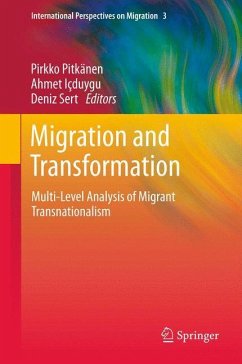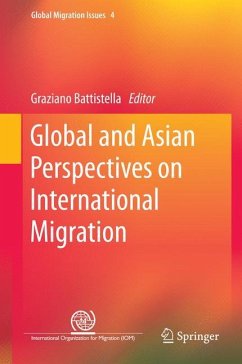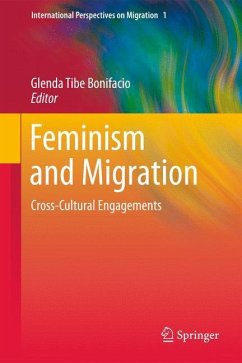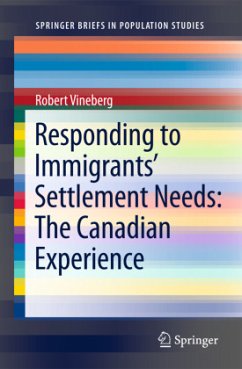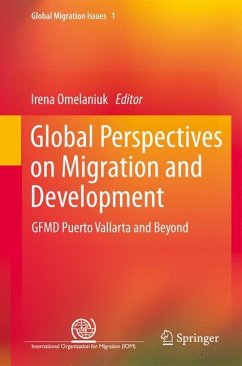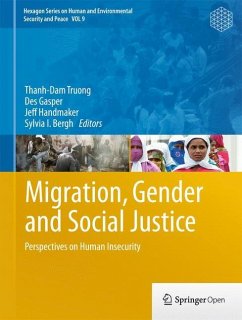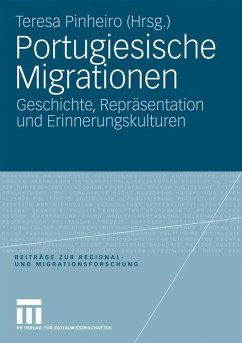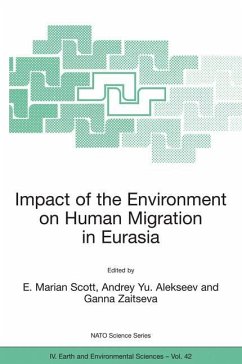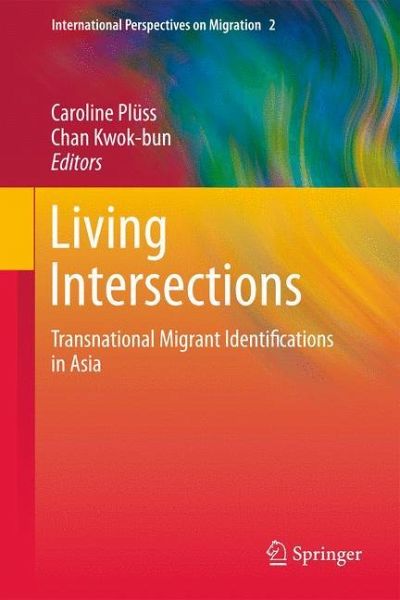
Living Intersections: Transnational Migrant Identifications in Asia

PAYBACK Punkte
38 °P sammeln!
This book presents ground-breaking theoretical, and empirical knowledge to produce a fine-grained and encompassing understanding of the costs and benefits that different groups of Asian migrants, moving between different countries in Asia and in the West, experience. The contributors-all specialist scholars in anthropology, geography, history, political science, social psychology, and sociology-present new approaches to intersectionality analysis, focusing on the migrants' performance of their identities as the core indicator to unravel the mutual constituitivity of cultural, social, political...
This book presents ground-breaking theoretical, and empirical knowledge to produce a fine-grained and encompassing understanding of the costs and benefits that different groups of Asian migrants, moving between different countries in Asia and in the West, experience. The contributors-all specialist scholars in anthropology, geography, history, political science, social psychology, and sociology-present new approaches to intersectionality analysis, focusing on the migrants' performance of their identities as the core indicator to unravel the mutual constituitivity of cultural, social, political, and economic characteristics rooted in different places, which characterizes transnational lifestyles. The book answers one key question: What happens to people, communities, and societies under globalization, which is, among others, characterized by increasing cultural disidentification?





